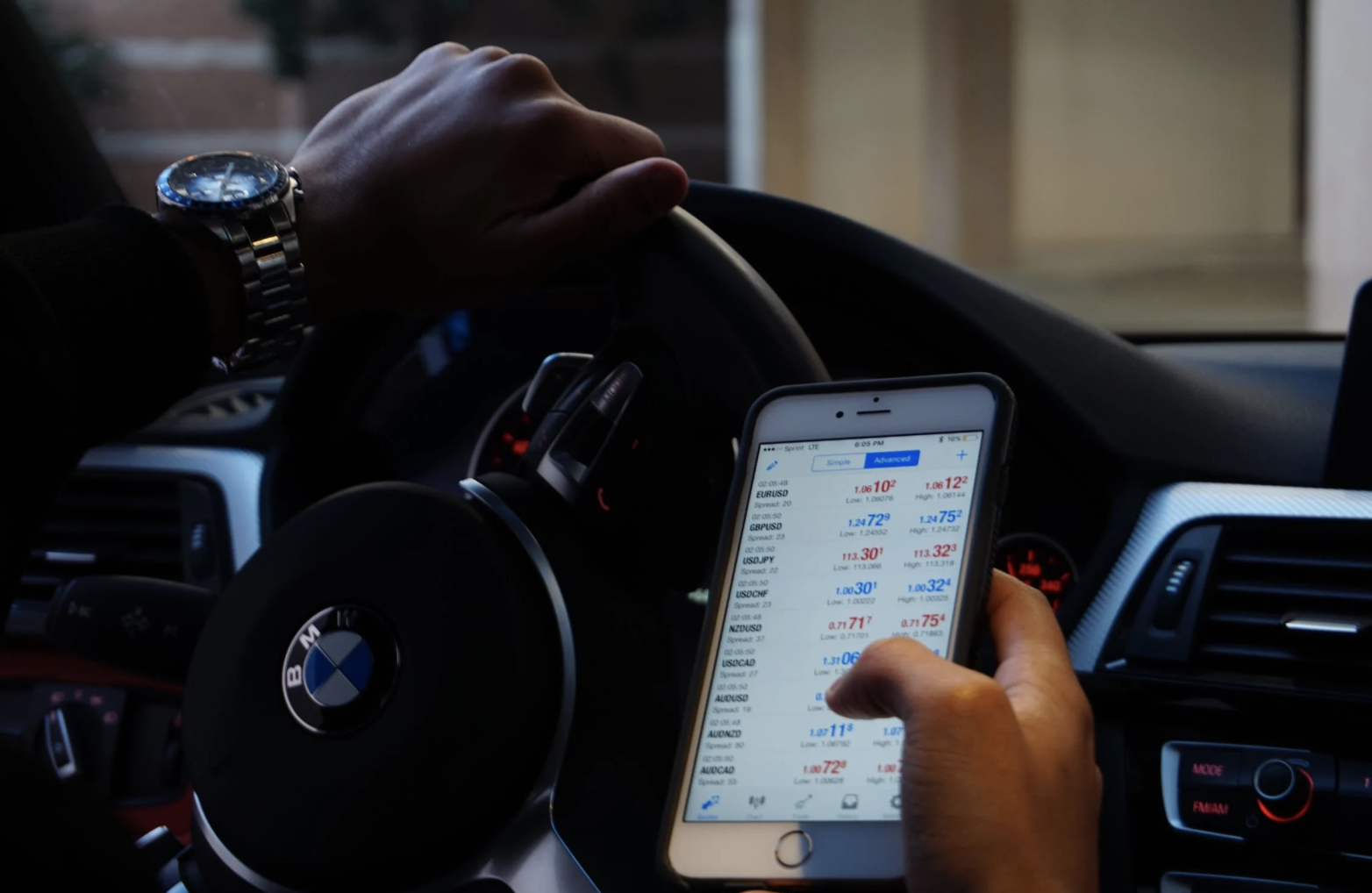In Summary:
- Gambling and investing are two different activities that require different approaches.
- Gambling entails taking a risk by wagering an asset (cash, chips, or goods) on an uncertain outcome to gain something more significant in return.
- On the other hand, investing involves buying and holding stocks, bonds, mutual funds, commodities, and real estate.
When it comes to Forex trading, many view it as a form of gambling. After all, you’re risking money to make more money. But is this really the case? Let’s take a closer look at whether or not Forex trading is gambling and what distinguishes it from other forms of trading.
The Difference Between Gambling and Investing
Gambling and investing are two distinct activities that require different approaches. Gambling entails taking a risk by wagering an asset (cash, chips, or goods) on an uncertain outcome to gain something bigger in return.
On the other hand, investing involves buying and holding stocks, bonds, mutual funds, commodities, real estate, or other securities with the expectation that their price will increase over time.
A fundamental difference between gambling and investing is that the former involves betting one’s hard-earned capital to generate returns with no regard for fundamentals or promised outcomes while investing is based on careful consideration of economics and demographics to make sound financial decisions based on knowledge and analysis.
At its core, investing involves buying an asset with the expectation that its value will increase over time. In contrast, gambling consists in betting on future outcomes without any assurance that you will make a profit. This means that when you invest in the stock market or forex market, you should have some form of analysis or research to back up your decision. With gambling, however, the outcome is primarily based on luck and chance.
Where Does Forex Trading Fall?
The answer to this question depends mainly on how you approach trading. If you’re relying solely on luck and chance when attempting to trade currencies, then yes – forex may be considered a form of gambling. However, if you have done proper research and analysis into the currency pair you are looking at, then no – forex is not a gamble but rather an investment.
But Wait, Isn’t Forex Based on Luck?
When considering the question of whether Forex is based on luck, it’s important to remember that trading is a skill and not a game of chance.
With education, knowledge, and proper management practices, you can gain an edge in the markets and make sensible investment decisions that are more likely to lead to success.
While luck may sometimes play a role in temporary market movements, it should not be relied upon when making long-term financial decisions with regards to Forex.
Successful traders are able to identify particular market movements through analysis, practice, and patience–not luck.
Is Forex Trading a Sin?
This is an interesting question to consider, as there are many possible answers. Some may argue that speculation in any form is forbidden by the Bible and, thus, forex trading would be a sin.
Others might suggest that, as for other forms of investment, one should use wise judgment and only engage in activities that follow spiritual principles – such as avoiding greed or risk beyond one’s means.
A further argument could be that if any profits are donated to charitable causes, they could hardly be deemed sinful. Ultimately, while opinions will differ on this issue, one must look inward before making a decision to ensure they uphold their own personal moral code.
Forex trading has become an increasingly popular bandwagon among traders, investors and entrepreneurs today. But many people in Muslim traditions question whether it is permitted according to the Sharia Law.
Although Islam views gambling as strictly forbidden, Forex trading has been considered permissible under Islamic financial jurisprudence since only currency — and not goods or services — are being exchanged.
As long as traders receive a fee or commission for their service, they do not come under interest-based principles which are prohibited by specific clauses of the Sharia Law. Therefore, forex trading done with appropriate research and knowledge can be seen as a reliable form of extra income that won’t conflict with Muslim beliefs.
Tools To Help With Trading
These days there are plenty of tools that can help traders make more intelligent decisions regarding their investments. Technical indicators such as the Relative Strength Index (RSI) or Moving Average Convergence Divergence (MACD) can help traders analyze trends and make informed decisions based on past data.
On top of this, online forums and educational sites such as Exfor can provide excellent insight into where currencies may be heading in the near future, which could also assist with informed decision-making when trading currencies.
Conclusion
In conclusion, forex trading is not necessarily a form of gambling as long as traders do their research and use available tools to their advantage.
By conducting proper research and utilizing technical indicators such as RSI or MACD, traders can make better-informed decisions about their investments which can lead to greater success in the long run than relying solely on luck or chance for success.
Ultimately, it’s up to each individual trader to decide whether they want to take risks with their investments or follow more conservative strategies for more consistent returns over time.
Whatever your approach may be, understanding the difference between gambling and investing can go a long way towards helping you become a successful trader!

